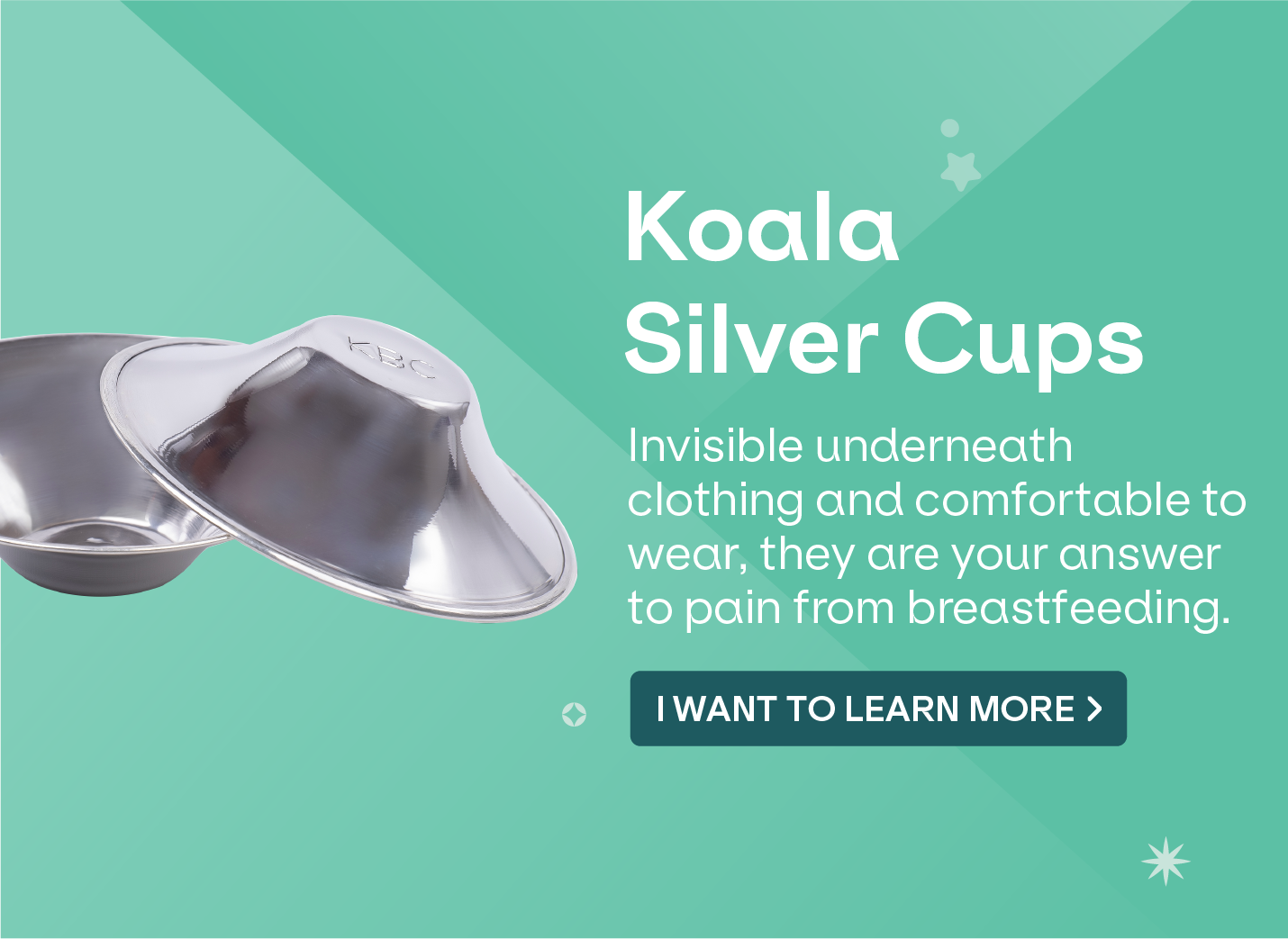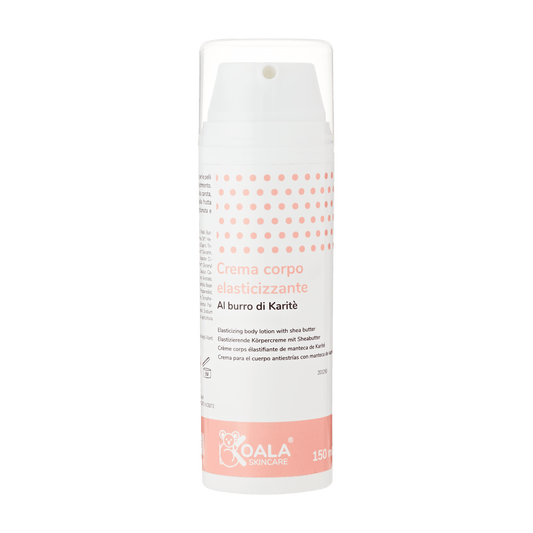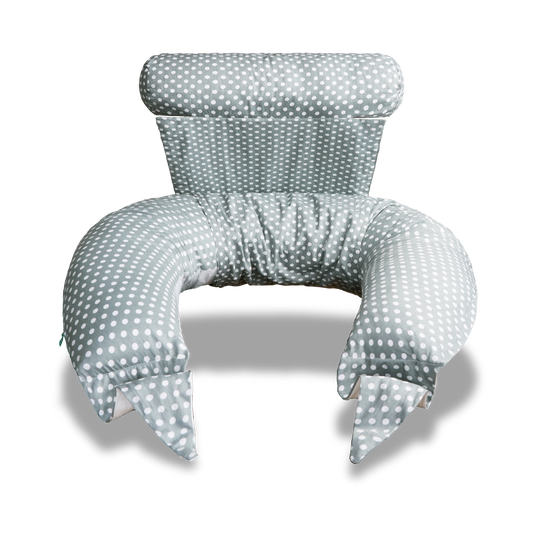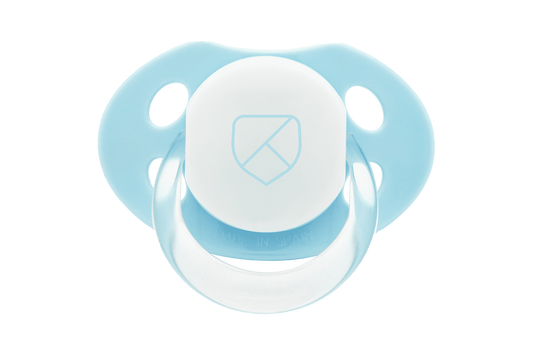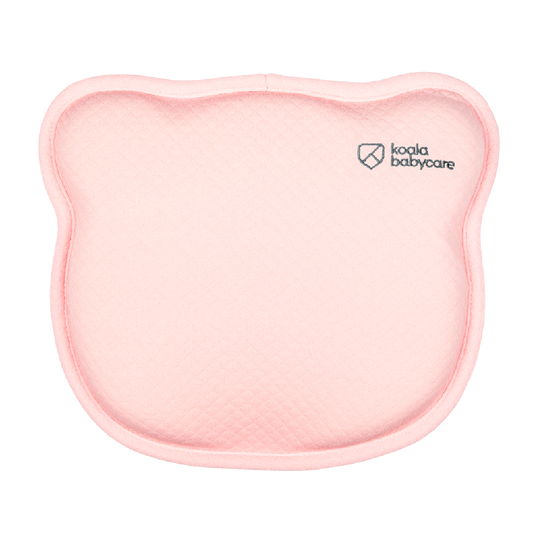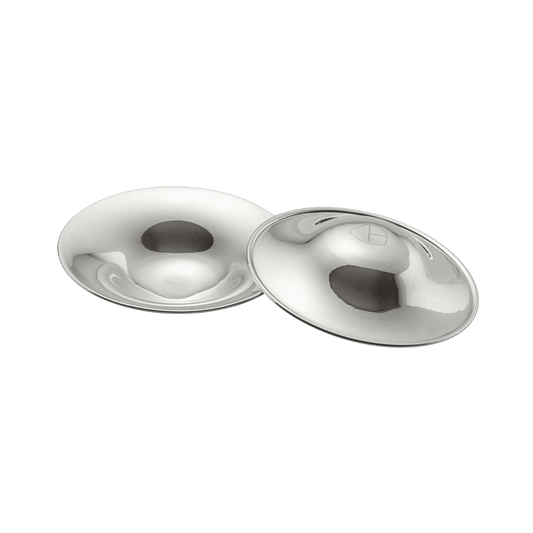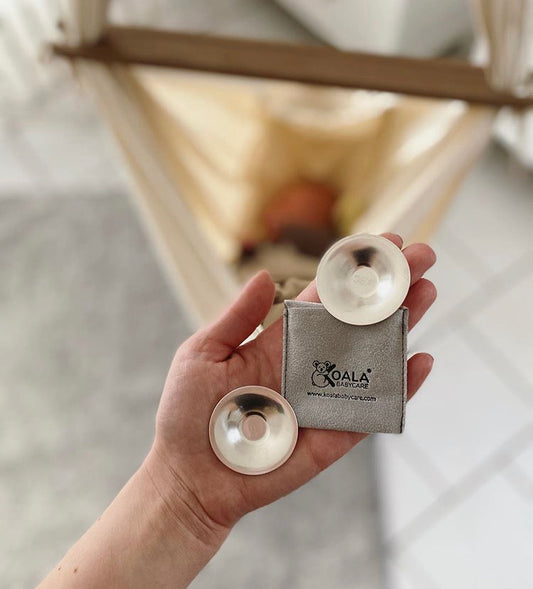Sore, cracked or bleeding nipples are one of the main enemies of mums who breastfeed. That is why it is important to understand more about them before they occur so that you know how to deal with chafed nipples! By the end of this article, you’ll have learnt not only how to treat a breast fissure, but above all how to prevent them from occurring. Read on.
What are nipple fissures?
There is no point hiding the truth: those first few days of breastfeeding are far from easy, especially when it’s your first baby. Both you and your newborn need to learn how to do it and also to get to know each other.
It can be painful and the dreaded nipple soreness from breastfeeding can occur.
Almost one in two mums suffer from fissure of nipple, and often these women give up breastfeeding their baby as a result.
But what are nipple fissures? They are small lesions that form on the nipple. They can be little cracks or real cuts and they may also bleed.
It’s important to be aware of the problem so you’re fully prepared and you know not to become discouraged if you develop them. With the right remedies to hand, you’ll be able to cure your sore nipples, and even better prevent them from occurring.
Let's start with the causes: the main one being that your baby isn’t attached properly at the breast.
Your baby should be positioned in such a way that they don’t have to stretch their neck, and should be latched on to the whole areola area not just on to your nipple.
If you have any questions about how to position your newborn correctly, consult your midwife, health visitor or NHS breastfeeding supporter. Some mums have a greater disposition than others as their nipples are particularly overly sensitive.
What to do to prevent cracked nipples when breastfeeding
In the next few paragraphs, we’ll explain not only how to treat sore nipples, but also give you some useful tips on how to prevent painful nipples when nursing.
Ask your midwife or breastfeeding consultant for help
The main cause of nipple pain when breastfeeding is poor attachment at the breast during the first few days. That’s why the help of an NHS health care professional is essential to understand how to help your baby to latch on properly.
If you don’t receive the right assistance in the hospital, then consult your midwife or health visitor. They will be able to advise you and understand the difficulties you’re facing, as well as offer advice on how to solve them.
Professional help in such a delicate phase is vital, as it can help improve your overall breastfeeding experience by correcting any bad habits immediately.
Koala Silver Cups nipple shields
Koala Silver Nipple Cups are your best ally in the prevention and treatment of sore cracked nipples, which is why they are on the new mum’s newborn essentials list.
They are pure silver breastfeeding nipple shields with extraordinary healing, disinfectant, and antibacterial properties.
Invisible under clothes, they are extremely comfortable to wear thanks to their anatomical design. Just slip them in-between your nipple and bra and you’ll soon forget they’re there!
You can wear them whenever you are not nursing and remove them just before a feed as they are completely odourless and tasteless (as well as being nickel-free).
Why are they more comfortable than creams for sore nipples when breastfeeding?
First of all, they are a natural (and effective) remedy.
They don't cause dryness or irritation to your skin, they don't leave your nipple moist, and, above all, you don't need to wash your breast before nursing your baby, as they don't release harmful substances or cause an unpleasant taste. You simply take them off when it’s time to breastfeed.
What’s the difference between silver nipple covers and using nipple shields?
Contact nipple shields for nursing, are usually made of silicone, and are placed over the nipple during a feed. They should only be used in special circumstances under medical advice and only for short periods. The risk is that once used to them, a baby may struggle with returning to the breast.
In addition, they are not particularly suitable for nipple fissures, as they do not offer a healing action like Koala Silver Cups.
Organic Vitamin E Oil, a true miracle-worker
Organic Vitamin E Oil is a true miracle-worker for all types of skin irritation, sunburn, or erythema. That's why it accelerates healing of nipple fissures and soothes painful, sensitive and irritated nipples. Our advice is to use it in conjunction with Koala Silver Cups nipple covers as a form of prevention.
Its precious formula is composed of natural ingredients which offer soothing and calming properties. It does not alter the taste of milk and isn’t harmful to babies.
It’s that gentle on the skin that it can also be used to treat cradle cap and soothe skin irritations in newborns.
Organic Almond Oil
Almond Oil also helps prevent sore, cracked and bleeding nipples as it improves the skin’s elasticity and protects against irritation.
You probably already have some at home and are using it to prevent pregnancy stretch marks. Now you know that you can also use it to relieve irritated nipples.
Before we say goodbye, mum, we want to tell you one last important thing. Breastfeeding is an extremely unique journey, different for each and every woman. Moments of feeling discouraged happen to us all, so don't let them get to you too much. Accept whatever it is and then start over again. You are super strong, just like all other mums out there!



